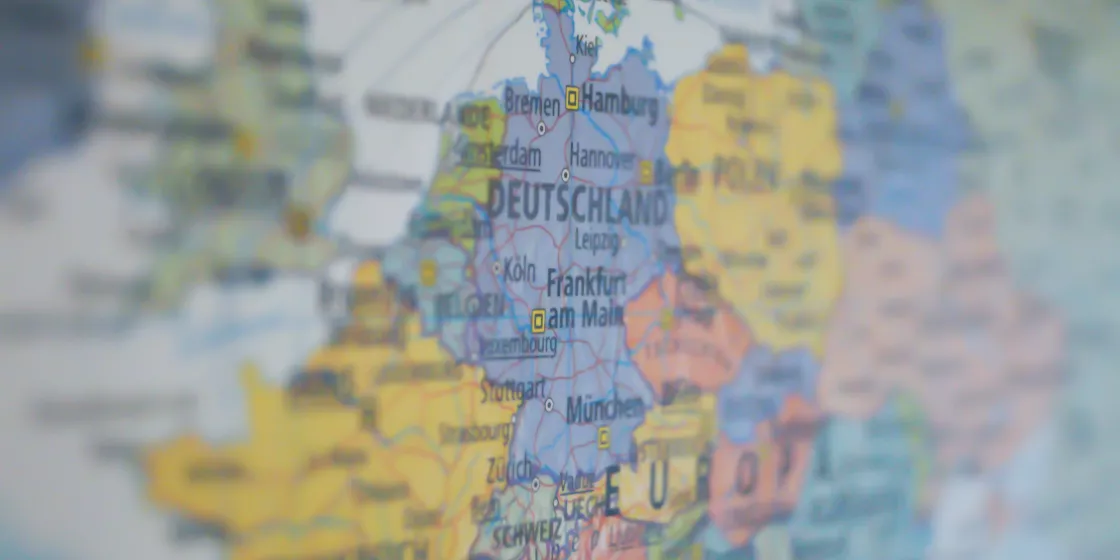Race Towards Climate Neutrality Is Underway: CCPI’s top countries lead the way
The 17th edition of the Climate Change Performance Index, by Germanwatch and NewClimate Institute, monitors climate mitigation progress of 60 countries and the European Union: Scandinavian countries, together with the United Kingdom and Morocco, lead the ‘race to zero’ / Australia, South Korea, Russia, Saudi Arabia and Kazakhstan are among the worst performers

